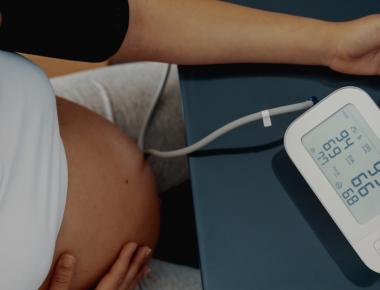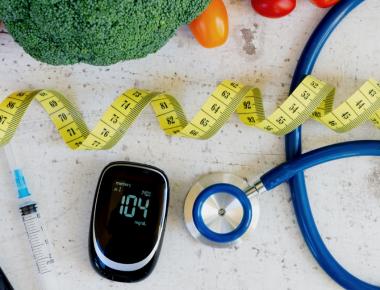
How Magnesium Helps Prevent Complications During Heart Surgery

Table Of Contents
Magnesium helps protect the heart from damage
Magnesium is a natural mineral that helps protect the heart from damage. It is found inside the cells and is involved in many chemical reactions that help produce energy and proteins. Magnesium can also improve heart function after a heart attack.
In coronary artery disease, blood vessels supplying oxygen and nutrients to the body become too narrow or blocked. One way to treat this is through bypass graft surgery. A healthy blood vessel is taken elsewhere in the patient’s body to act as a bypass. The blood is then redirected from the damaged portion to the healthy blood vessel. The cardioplegic solution lessens the ischemic (reduced blood flow) effects of being on bypass.
This study aims to test whether adding magnesium to the cardioplegic solution could prevent ischemia and arrhythmias (abnormal heartbeat rates) during and after a coronary artery bypass grafting surgery.
The Study on Magnesium on Patients Who Will Undergo Heart Surgery
50 patients scheduled to undergo coronary artery bypass with no history of arrhythmia were randomized into two groups of 25. Both groups received the cold cardioplegic solution every 10 to 15 minutes, but only Group 1 had magnesium sulfate in their solution; Group 2 did not.
The magnesium level was measured when the patient reached the Intensive Care Unit after the operation and again 24 hours later. Arrhythmias and ischemias were recorded during and after the surgery.
The Results of the Study
Group 2 patients had lower magnesium levels, and more had ischemic episodes. Eight patients in group 2 had arrhythmia compared with five in group 1. Ventricular ectopia (extra beats of the heart) occurred significantly more frequently in group 2 than in group 1.
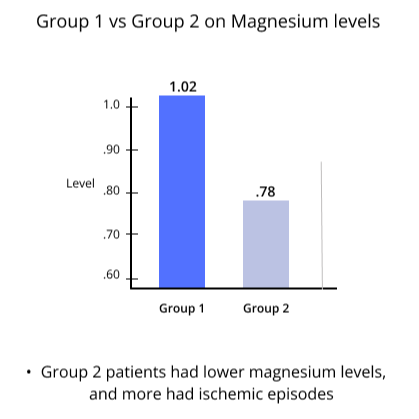
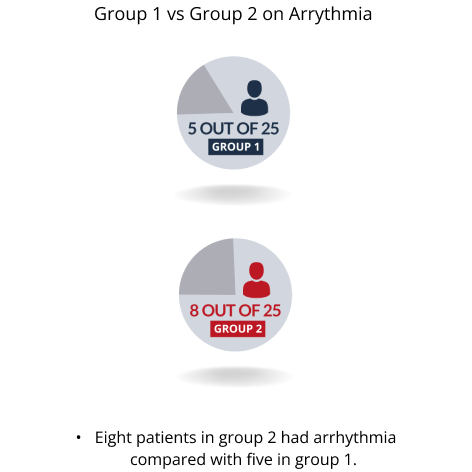
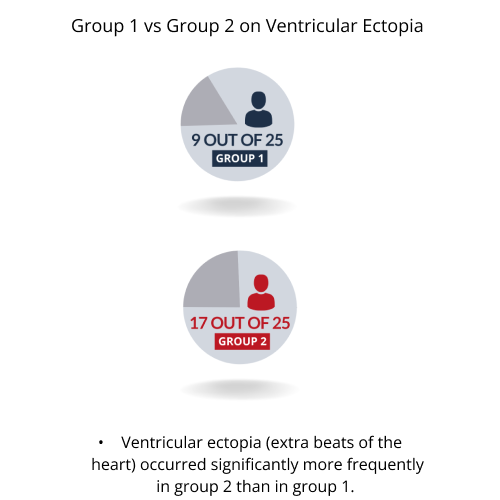
The Conclusion
The inclusion of magnesium to the cardioplegic solution is beneficial in reducing the incidence of ischemia and arrhythmia in patients who undergo coronary bypass grafting.
Reference
Related Posts

Quick Links
Legal Stuff



